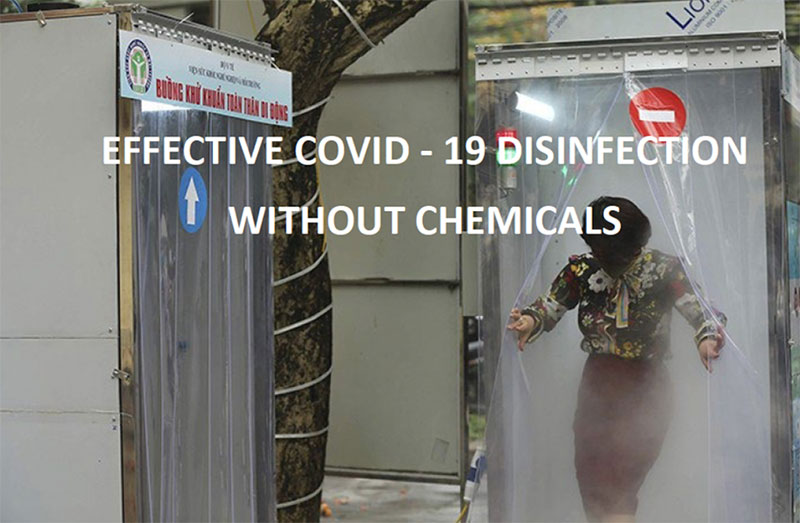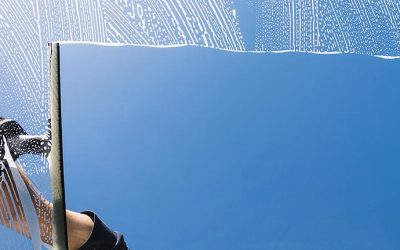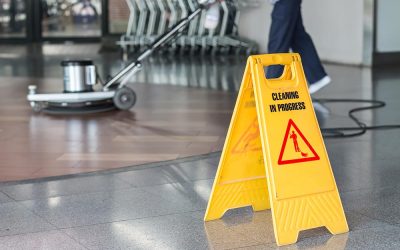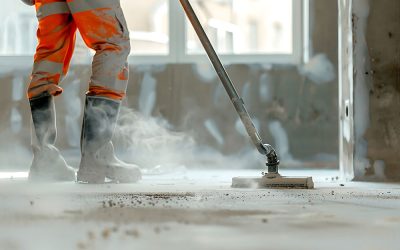Covid-19 combat: Vietnam’s newly mobile disinfectant cabin claimed to sterilize nearly 100% of germs.
The mobile disinfectant cabin created by researchers from Hanoi University of Science & Technology and the National Institute of Occupational and Environmental Health sprays antiseptic solution that purportedly kills 99.99% of germs.
The National Institute of Occupational and Environmental Health and the Hanoi University of Science and Technology have fabricated them for disinfecting people who directly treat work with patients with Covid-19, the pneumonia caused by the new coronavirus.
The system consists of two chambers. One sprays electrolyzed water in the form of droplets and the other directs heat and ozone onto the body of the person. Produced by electrolyzing ordinary tap water containing dissolved sodium chloride, it can even clean the respiratory system.

Just the facts
According to Assoc. Prof. Dr. Doan Ngoc Hai – Director of VAST, the system is designed based on the principle of using an ionized saline solution (Anolyte) in the form of mist spraying the whole body to quickly disinfect the body surface. All disinfectant solutions are prepared by the VAST and ensure safety for sensitive skin areas.
In terms of initial results, the Department of Laboratory and Analysis (Institute of Occupational Health and Environment) conducted a microbiological test on humans. The results showed that over 90% of bacteria, viruses on the body surface, clothes, were completely removed after going through the body disinfection chamber.
People are sterilized in the newly disinfectant cabin before entering public spaces such as hospitals and schools.
Accordingly, the initiative of creating a disinfectant system came in early February when Vietnam detected the very first infected cases and its completed version was launched one month later.
The cabin works automatically with green light turning on to let the user step into the cabin and undergoes a disinfection period twice within 15 minutes. The antiseptic solution of salt ions can help avoid skin irritation and sterilize the user’s nose and throat during inhalation without causing breathing difficulty.
A representative of the institute said the antiseptic solution can disable germs on some surfaces including clothing or mobile and prevent possible contraction of Covid-19. The disinfectant cabin is considered a solution that helps handle sterilization demands at some public spaces such as schools and hospitals.
The mobile cabin, which is expected to serve as many as 1,000 people daily, is not in the pilot. The group of researchers is planning the multiply the models to the Central Hospital of Tropical Diseases, quarantine areas, and public spaces.




